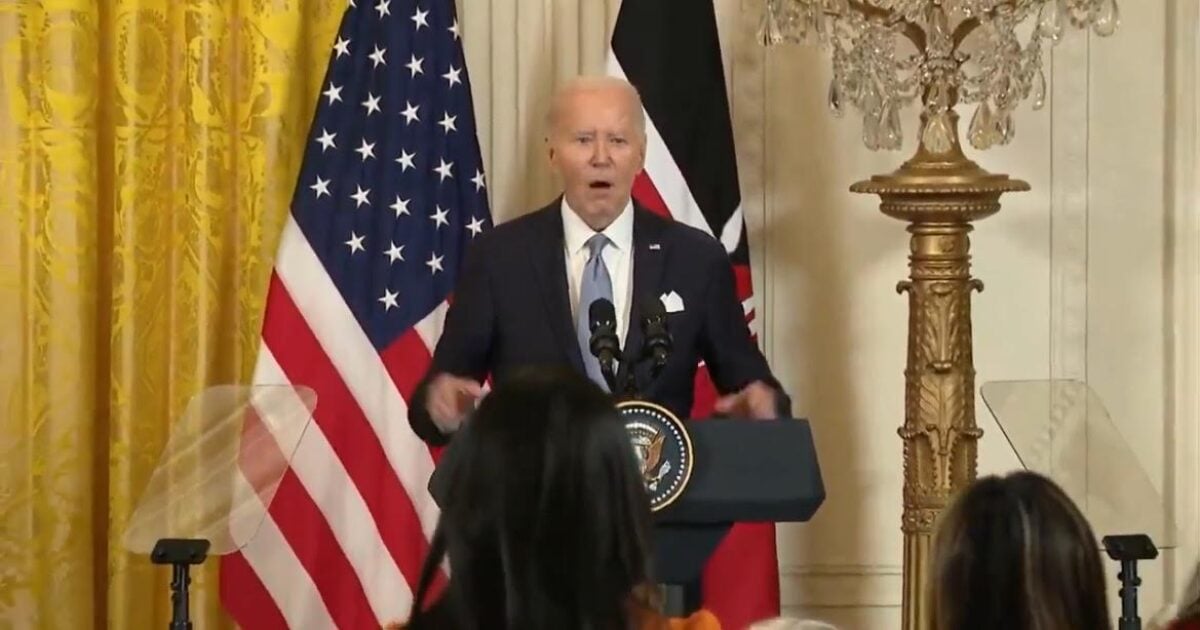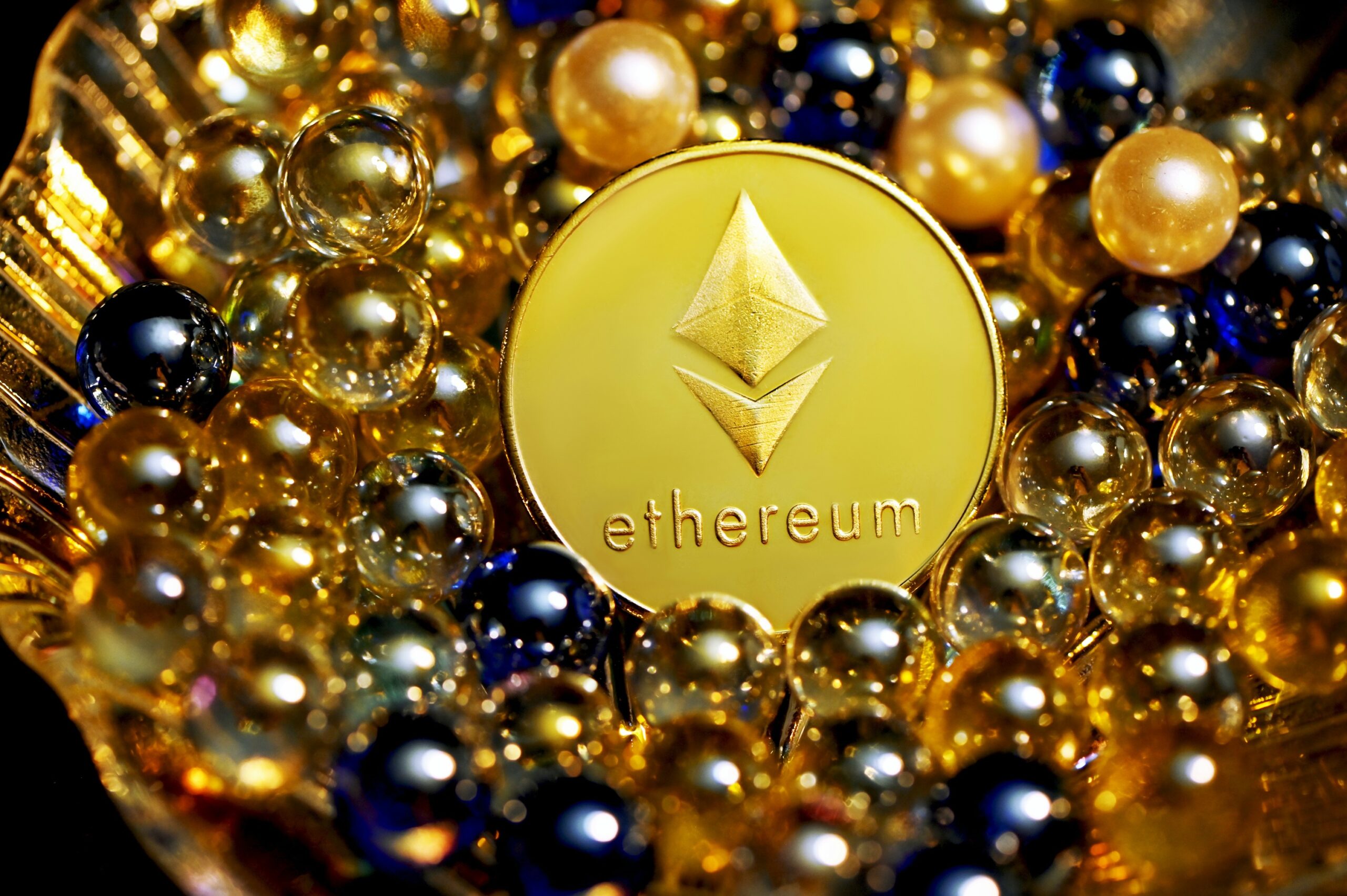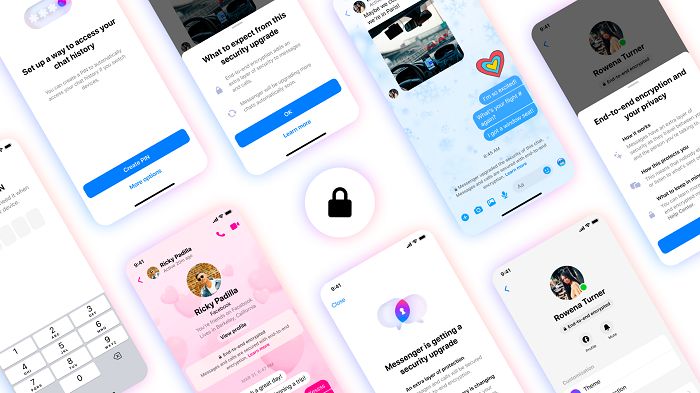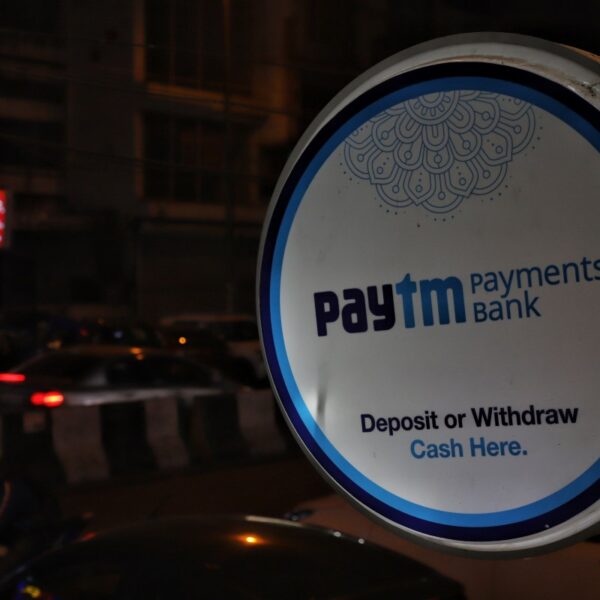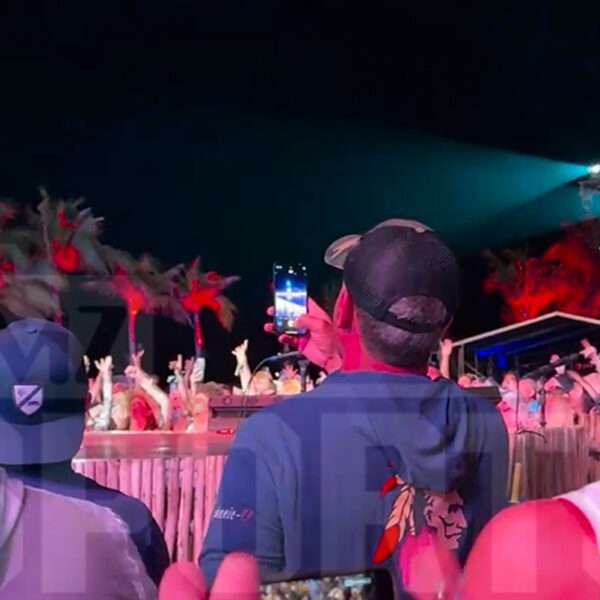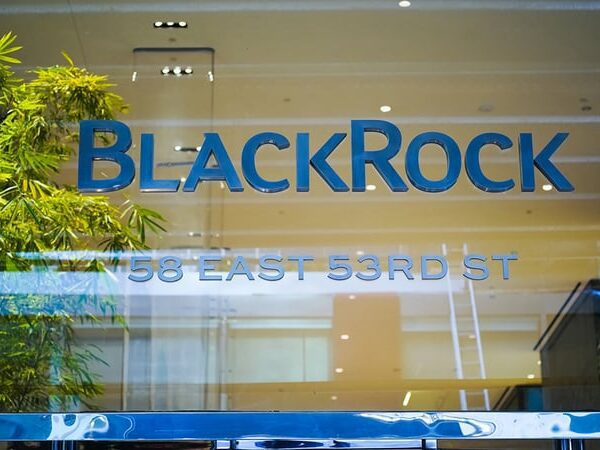Amid ongoing questions about the influence of the Chinese Government on its operations, TikTok has launched an updated transparency report, which will now provide more specific insight into detected influence operations that have been removed from the app, while it’s also updating its rules to restrict the reach of state-affiliated media accounts that attempt to influence communities outside their home country.
First off, on its updated transparency overviews. TikTok has been publishing regular transparency reports for several years, in accordance with industry requirements, but up till now, they’ve only provided generalized overviews of its actions.
The new transparency report includes case-by-case breakdowns of each detected group, and the scale of their operation/s.


As you can see in this example, the new report includes the number of profiles in each group, the number of cumulative followers that it had, and a brief description of each group’s intent.
Which TikTok’s hoping will provide more assurance about its efforts.
As per TikTok:
“In the first four months of 2024, we disrupted 15 influence operations and removed 3,001 associated accounts. We found that a majority of these networks were attempting to influence political discourse among their target audience, including in relation to elections. For example, we disrupted a network targeting an Indonesian audience ahead of the country’s presidential elections earlier this year, and another targeting the UK by artificially amplifying narratives about the UK’s domestic political discourse.”
Also this:


Yes, TikTok is even providing disclosures, or at least a disclosure, on influence operations originating from its homeland, which could provide some assurance that TikTok is, as it claims, operating independently from the CCP.
Because these types of operations are generally funded by the Chinese Government, or affiliated with the CCP in some way. As such, TikTok providing explicit exposure for such could indicate that it isn’t being governed by the CCP.
Or it could be an attempt to give that impression.
It’s impossible to say, but it is worth noting that, for comparison, Meta, Microsoft, and Google have all detected much larger Chinese-based networks than this, as noted in their reports.
The presumption would be that if these operations are targeting American-owned platforms at such scale, TikTok, which originates from China, and has many more ties to China-based organizations, as well as broad-scale reach to the same regions, would be a much more logical vehicle for such messaging.
That seems to be at least part of the underlying concern about TikTok, that China-based groups are already so highly active in other apps, that they would very likely be using TikTok for the same.
Maybe, TikTok will now be able to provide more specific insight and assurance on such. But I don’t know, I suspect that many will see this as a plant.
TikTok’s other change relates to its state-affiliated media policy, which already sees detected state-affiliated groups labeled as such in the app.
Now, TikTok will also restrict the reach of these accounts when they attempt to expand their reach beyond their home nations.
“When we identify these accounts, they will become ineligible for recommendation, which means their content won’t appear in the For You feed. In addition, over the coming weeks, if these accounts advertise on our platform, they will not be allowed to advertise outside of the country with which they are primarily affiliated.”
This will only apply to detected state-affiliated media profiles that seek to “reach communities outside their home country on current global events and affairs”.
So, all in all, TikTok’s trying to assure users that it is working to address influence and manipulation concerns, which, again, forms a key element in the current push to force the app into a sell-off in the U.S.
And maybe, this is accurate, and TikTok is making a more conscious effort to expel influence operations. But given the varying reports of the CCP’s influence on the app, and the way the Chinese Government controls the local version’s algorithms, questions will no doubt remain.


